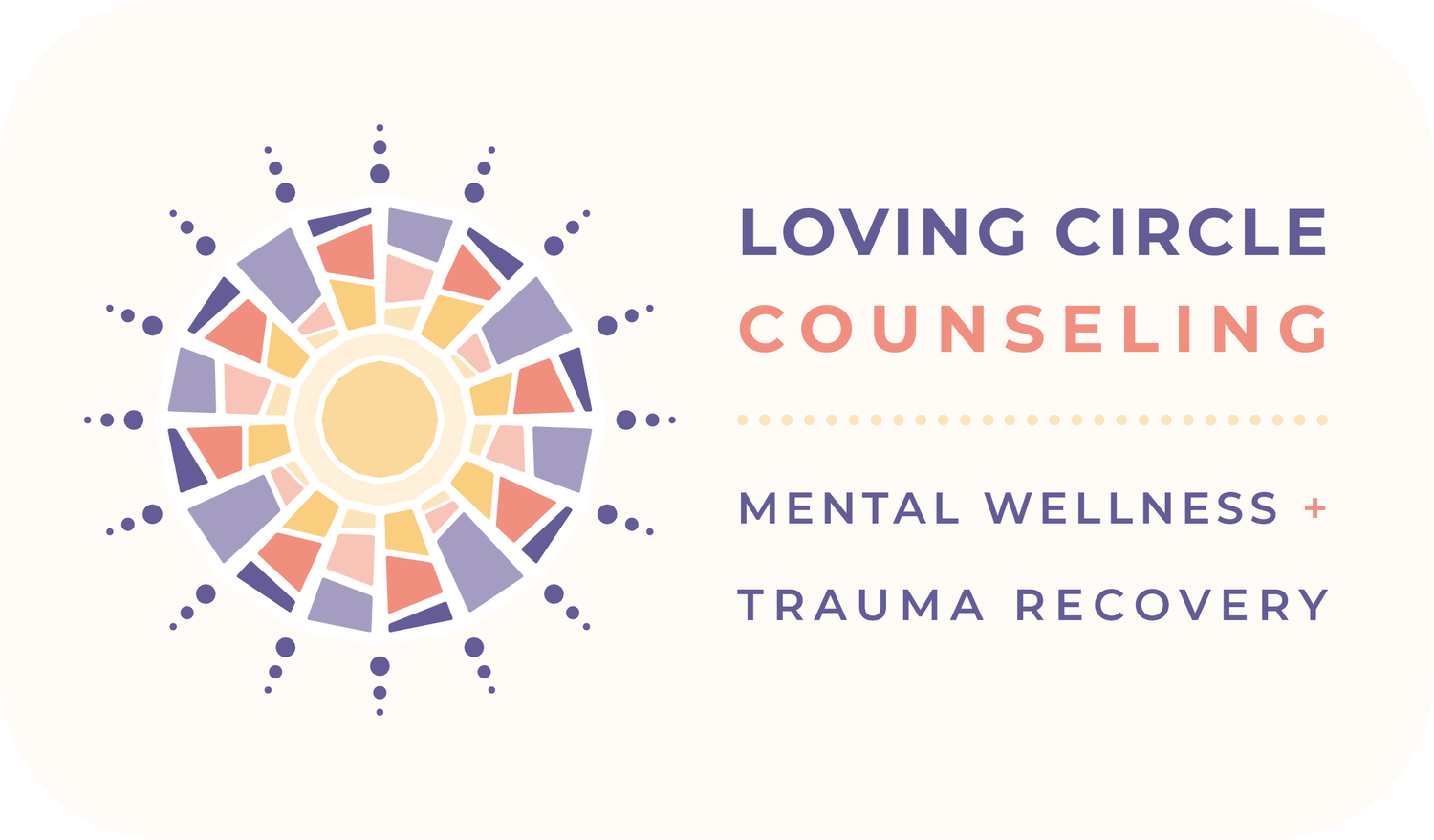Navigating the Path to Healing: A Guide to Finding a Therapist for Trauma Recovery and Holistic Mental Wellness
Embarking on the journey of healing from trauma requires courage, self-compassion, and the guidance of a skilled therapist. Finding the right therapist who specializes in trauma recovery and embraces a holistic approach to mental wellness is a crucial step toward reclaiming your life. In this blog post, we will explore practical steps to help you find a therapist who understands the complexities of trauma and supports your overall well-being.
1. Define Your Needs:
Before you begin your search, take some time to reflect on your specific needs and preferences. Consider the type of trauma you've experienced, your preferred therapeutic approach (e.g., cognitive-behavioral therapy, EMDR, somatic therapy), and any additional elements important to you, such as gender or cultural sensitivity.
2. Research Therapists and Specializations:
Utilize online resources, therapist directories, and recommendations from friends or support groups to compile a list of therapists who specialize in trauma recovery. Look for professionals who incorporate holistic approaches, considering not only your psychological well-being but also your physical, emotional, and spiritual dimensions.
3. Check Credentials:
Ensure that the therapists on your list are licensed and accredited. This information is often available on their websites or through professional directories. Verify their educational background, certifications, and any specialized training related to trauma recovery.
4. Read Reviews and Testimonials:
Look for reviews and testimonials from other clients who have worked with the therapists you are considering. Positive feedback can provide valuable insights into a therapist's effectiveness and approach, helping you make an informed decision.
5. Contact Therapists Directly:
Reach out to potential therapists for an initial consultation. This can be done through phone calls or emails. Use this opportunity to discuss your specific needs, ask about their approach to trauma recovery, and inquire about their overall philosophy towards holistic mental wellness.
6. Consider Therapeutic Modalities:
Explore different therapeutic modalities that align with holistic mental wellness. Therapists may incorporate mindfulness, meditation, yoga, or other complementary practices to support your healing journey. Discuss these options with potential therapists to ensure alignment with your preferences.
7. Evaluate the Therapeutic Relationship:
Building a trusting and open therapeutic relationship is crucial for successful trauma recovery. During your initial sessions, pay attention to how comfortable and understood you feel with the therapist. Trust your instincts, and don't hesitate to communicate openly about your expectations and concerns.
8. Accessibility and Logistics:
Consider practical aspects such as the therapist's location, availability, and fees. Ensure that the logistical aspects align with your schedule and budget to foster a consistent and sustainable therapeutic relationship.
9. Collaborate with Other Professionals:
Holistic mental wellness often involves collaboration with various professionals. If necessary, consider therapists who work in tandem with other healthcare providers, such as nutritionists, acupuncturists, or holistic wellness practitioners, to address all aspects of your well-being.
10. Commit to the Process:
Healing from trauma is a gradual process that requires commitment and patience. Be open to exploring different therapeutic approaches and trust in the process of self-discovery and recovery.
In summary-
Finding a therapist who specializes in trauma recovery and embraces a holistic approach to mental wellness is a significant step toward reclaiming your life. By defining your needs, researching therapists, checking credentials, and considering the therapeutic relationship, you can pave the way for a healing journey that nurtures your mind, body, and spirit. Remember, you deserve a path to recovery that respects and addresses all dimensions of your well-being.
